The Economic Community of West African States Commission (ECOWAS) has said the move by Burkina Faso, Mali and Niger to withdraw their membership could lead to the suspension of ECOWAS projects valued at over $500 million in those countries.
It also said their withdrawal may lead to the closure of ECOWAS entities in the four countries and could affect the job of some 130 ECOWAS staff who are citizens of those countries.
Join our WhatsApp ChannelThe regional bloc made this known in a communique released after the extraordinary summit of the ECOWAS Authority of Heads of State and Government on the political, peace and security situation in the region held in Abuja, Nigeria on Saturday.
READ ALSO:
- ECOWAS Lifts Economic, Travel Sanctions On Burkina Faso, Mali, Niger On Humanitarian Ground
- Democracy Backslide And The Future Of ECOWAS Post Exit Of 3 Nations
- ECOWAS Split Reflects Nigeria’s Waning Regional, Global Influence – Obaze
Socioeconomic Implication of the Withdrawal
While highlighting the socioeconomic implication of the exit of Burkina Faso, Mali and Niger, ECOWAS authority of heads of state and government said: “The withdrawal of the three Member States could result in the halt or suspension of all ECOWAS Projects/Programmes worth more than US$500 million.”
It also said the withdrawal will automatically affect the immigration status of the citizens as they may be required to obtain visa to travel around the region and may also not be able to reside or set up businesses under ECOWAS arrangements and may be subject to diverse national laws.
“The three countries will cease to use ECOWAS passports across biometric national identity cards, and the brown card vehicle insurance.
”The authority recognises that the three-member states represent 17.4% of the region’s 425 million population. Even though they represent 10% of the region’s GDP, their departure will constitute a reduction in the market size of ECOWAS.
“Intra-community trade may also be disrupted, especially trade in unprocessed goods such livestock, fish, plant, agriculture produce, mineral products and Traditional Handicraft Products as well as Industrial Products of Community Origin,” a part of the communique read.
Continuing on the financial implication of the withdrawal, the authority said: “The Authority notes that the two regional financial institutions, EBID and BOAD have considerable exposure in the three countries. EBID currently has 27 ongoing public sector projects in the three countries (Burkina Faso 9, Mali 8, and 10) and a total of 20 private sector projects (Burkina Faso- 5; Mali -13 and
Niger- 2). These projects are collectively valued at approximately USD 321,634,253 of which public sector projects constitute 38.1 per cent and private sector projects constitute 61.9 per cent.
“The bank’s portfolio in the three countries represents approximately 22.5 per cent of the Bank’s total portfolio in the 15 member states. The three countries contributed a total of USD 33,135,445.38 to the capital of the Bank, made up as follows: Burkina Faso – USD 13m; Mali – USD 9.5m; and Niger – USD 10.5m.”
Security Implications
It also expressed concern that the planned exit of the four countries will affect security cooperation in terms of sharing intelligence and participation in the regional counter-terrorism initiatives.
“The withdrawal will affect security cooperation in terms of sharing intelligence and participation in regional counter-terrorism initiatives, such as the Accra Initiative and Multinational Joint Task Force.
“The withdrawal may also lead to diplomatic and political isolation at the international scene where the countries have obtained bloc support for their candidates and candidature in the contest for international positions within the African Union, the United Nations, and similar bodies.
“Reviewing the implications at the institutional level, the Authority notes that the withdrawal will not only require the closure of four regional entities in Burkina Faso, two regional bodies in Mali, and one regional office in Niger, it will also affect the job security of some 130 ECOWAS staff who are citizens of the three countries: 77 from Burkina Faso; 23 from Mali and 32 from Niger.”
The ECOWAS authority emphasized the need for dialogue in the with political crisis and resolved to lift financial and travel restrictions imposed on the countries on humanitarian ground in line with the period of Lent and the Holy month of Ramadan.
Call For President Bazoum’s Immediate Release.
The regional group also called for the immediate release of the ousted Niger President, Muhammed Bazoum, who has been in detention since the military coup that took place in July 2023.
Victor Ezeja is a passionate journalist with seven years of experience writing on economy, politics and energy. He holds a Master's degree in Mass Communication.


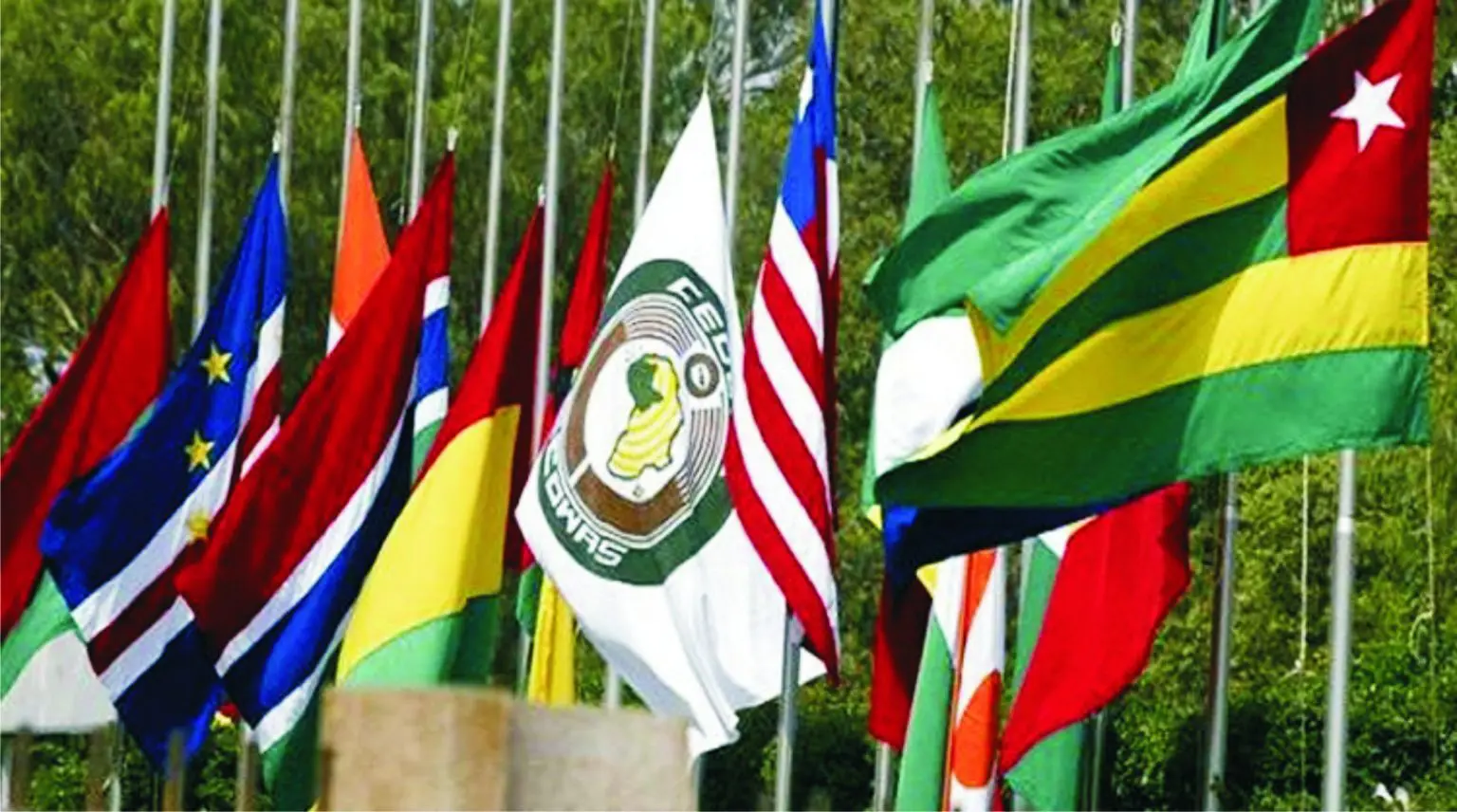

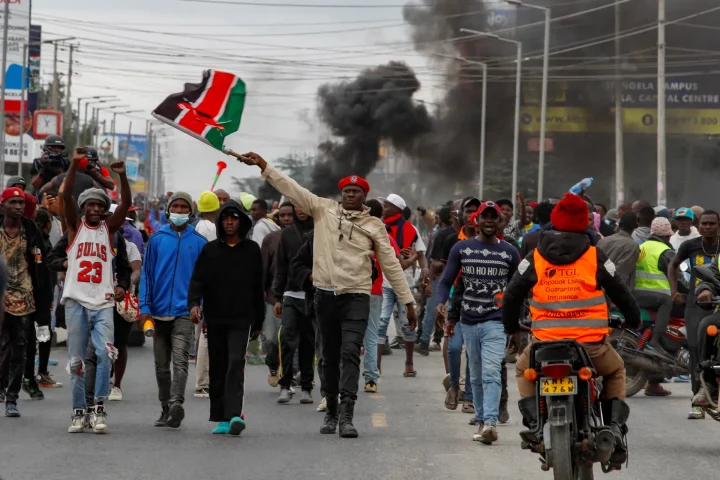
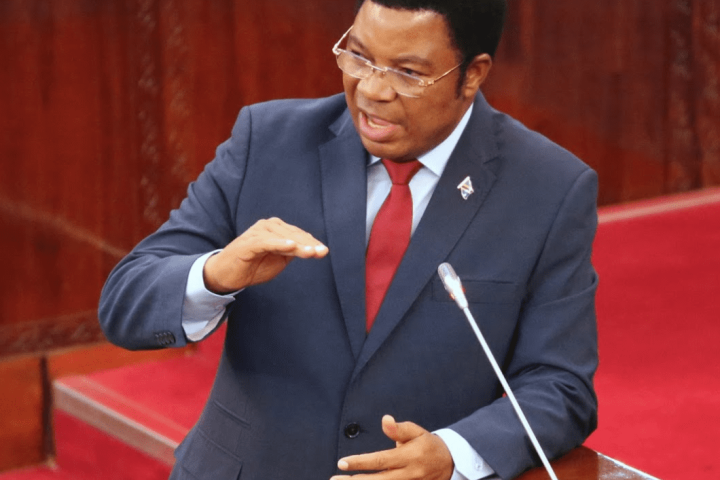
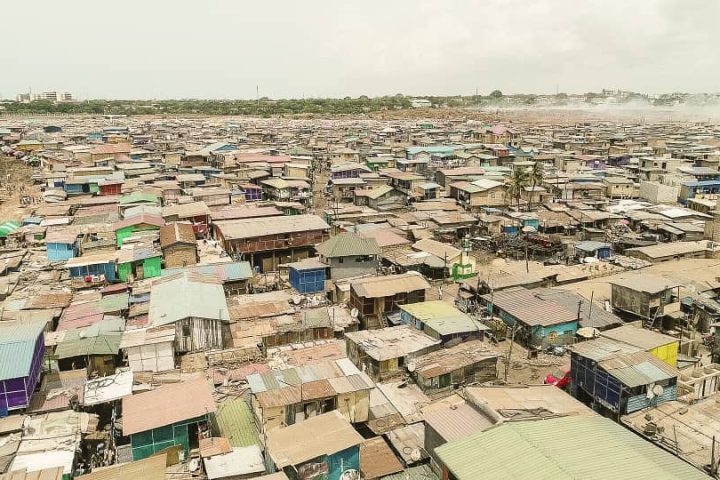









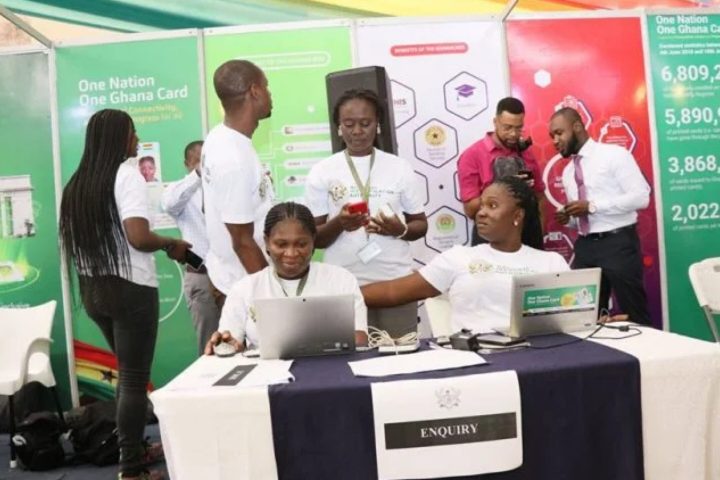

Follow Us